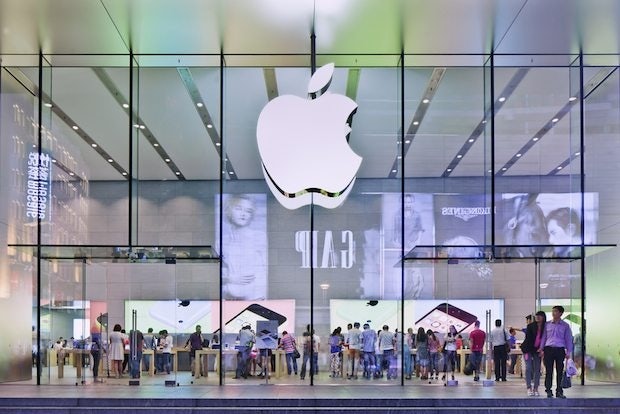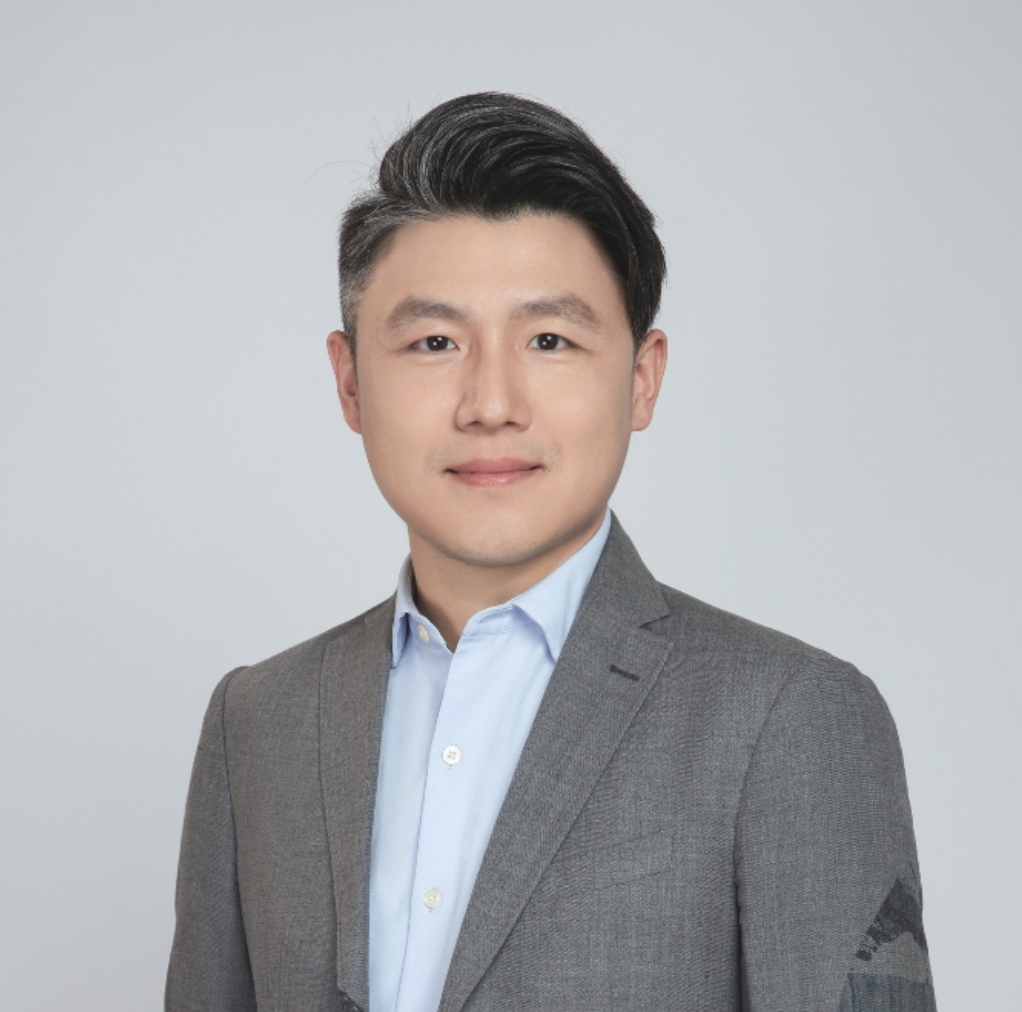
Apple has proven particularly popular with LGBT consumers in China. Pictured above: an Apple store in Shanghai. (Shutterstock)
Long an important target for marketers in the West, LGBT consumers often have higher disposable incomes and lead consumer trends. With public acceptance of LGBT people continuing to grow worldwide, it’s time for brands to think global when developing their marketing strategies to this community.
Case in point: as the second-largest economy—and home to the largest LGBT population—in the world, China deserves serious attention.
According to Hong Kong-based venture capital firm LGBT Capital, the annual purchasing power of China’s 70 million-strong LGBT population amounts to $300 billion, compared to $870 billion for Europe and $750 billion for the United States Despite its size and huge potential for growth, virtually no Western brand has formally engaged this community, mainly due to its invisibility in public and in the Chinese media.
But that’s quickly changing.
In February, Chinese tech giant Alibaba launched a Valentine’s Day contest in partnership with several Chinese non-profit LGBT organizations, including PFLAG China and the Beijing LGBT Center, to sponsor 10 gay and lesbian couples for a trip to Los Angeles in June to get married. Although these marriages are largely symbolic for now, the campaign has ignited enthusiastic discussions about the acceptance of LGBT people in China, as well as the potential of China’s “pink economy.”
Public opinion is also pointing to an optimistic future. According to a recent consumer survey by Baidu, China’s dominant search engine, 88 percent of Chinese millennials say they have no problem with accepting people who are gay.
As more and more LGBT Chinese step out of the closet and embrace their own identities, they will want the brands that they like and associate with to share the same pride. In fact, some Western brands that are publicly supporting LGBT rights may have already reaped early benefits in the China market.
Last October, Apple CEO Tim Cook came out as gay in an open letter published by Bloomberg Businessweek, a story that also appeared on the cover of the magazine’s China edition. Mr. Cook’s coming-out story quickly became a hot topic on China’s dominant social media platforms, Weibo and WeChat, with many within the LGBT community calling him a hero.
Coincidentally, Apple is also the preferred electronic brand for Chinese gay men. According to an LGBT consumer study released last year by Zank, China’s leading gay social app, nearly 70 percent of Chinese gay men own an iPhone, compared to 26 percent for Samsung phones. Such an advantage will prove even more beneficial for Apple as the company slowly transitions to a luxury lifestyle brand with the imminent launch of Apple Watch.
The travel and tourism industry will be another major beneficiary of the so-called “pink yuan.” Already the world’s top spenders on tourism, Chinese outbound tourists spent a record $165 billion overseas last year, according to Chinese government tourism statistics. As acceptance of LGBT people continues to rise in China, there will be even greater demand for travel products and experiences that are specially tailored to this demographic on online travel sites and for independent travelers.
China’s statistically astronomical—but largely untapped—LGBT market presents a highly lucrative growth opportunity for brands and travel destinations that have long benefitted from LGBT consumers around the world. Businesses that are interested in this segment must act early, but be prepared to make a long-term commitment, in order to reap the harvest.
Charlie Gu is an account manager at China Luxury Advisors.
